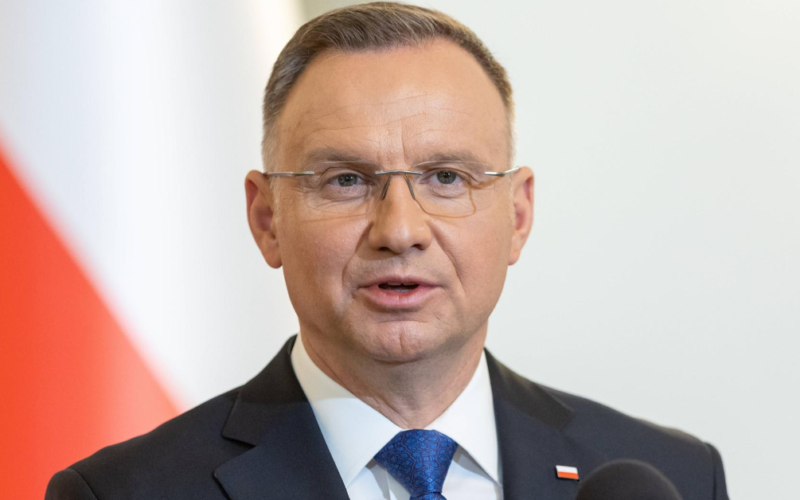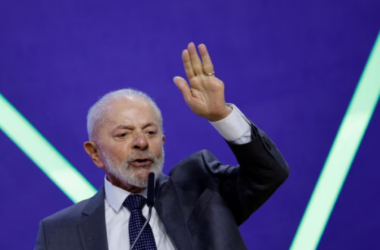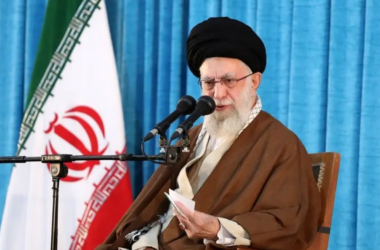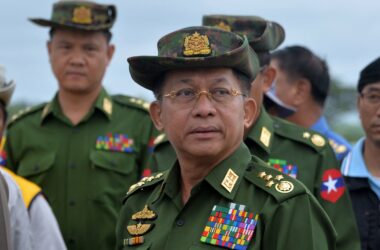The political landscape in Poland is currently undergoing a pivotal phase as President Andrzej Duda has initiated discussions regarding the formation of a new government. The favored contender for this endeavor is the previous opposition leader and former EU Council President, Donald Tusk. His liberal-conservative Civic Coalition (KO) secured the second position in the recent election, but it had already reached an agreement to form a three-party alliance with two other opposition groups, namely the conservative Third Way and the left-wing alliance Lewica.
In a display of unity and intent, the three opposition parties held a joint press conference, which was broadcast live by the pro-opposition broadcaster TVN24, just prior to their meeting with President Duda. During this press conference, Donald Tusk conveyed the readiness of the alliance to cooperate and create a government with a secure parliamentary majority.
Despite the collaborative efforts of the opposition parties, President Duda’s initial meeting was with representatives of the Law and Justice party (PiS), which stands as the strongest political entity in the country. This move has garnered criticism, with the daily newspaper Rzeczpospolita suggesting that it might be seen as a delaying tactic favoring PiS, given that President Duda’s own presidency owes its existence to the party.
The unfolding negotiations and discussions are essential components of the democratic process in Poland, as various political forces strive to find common ground and chart a path forward for the nation. The ultimate goal is to establish a government that can effectively address the country’s challenges and represent the diverse interests of its citizens. As the talks continue, it will be a test of the nation’s political dynamics, and the outcomes will have a significant impact on the direction Poland takes in the foreseeable future.








